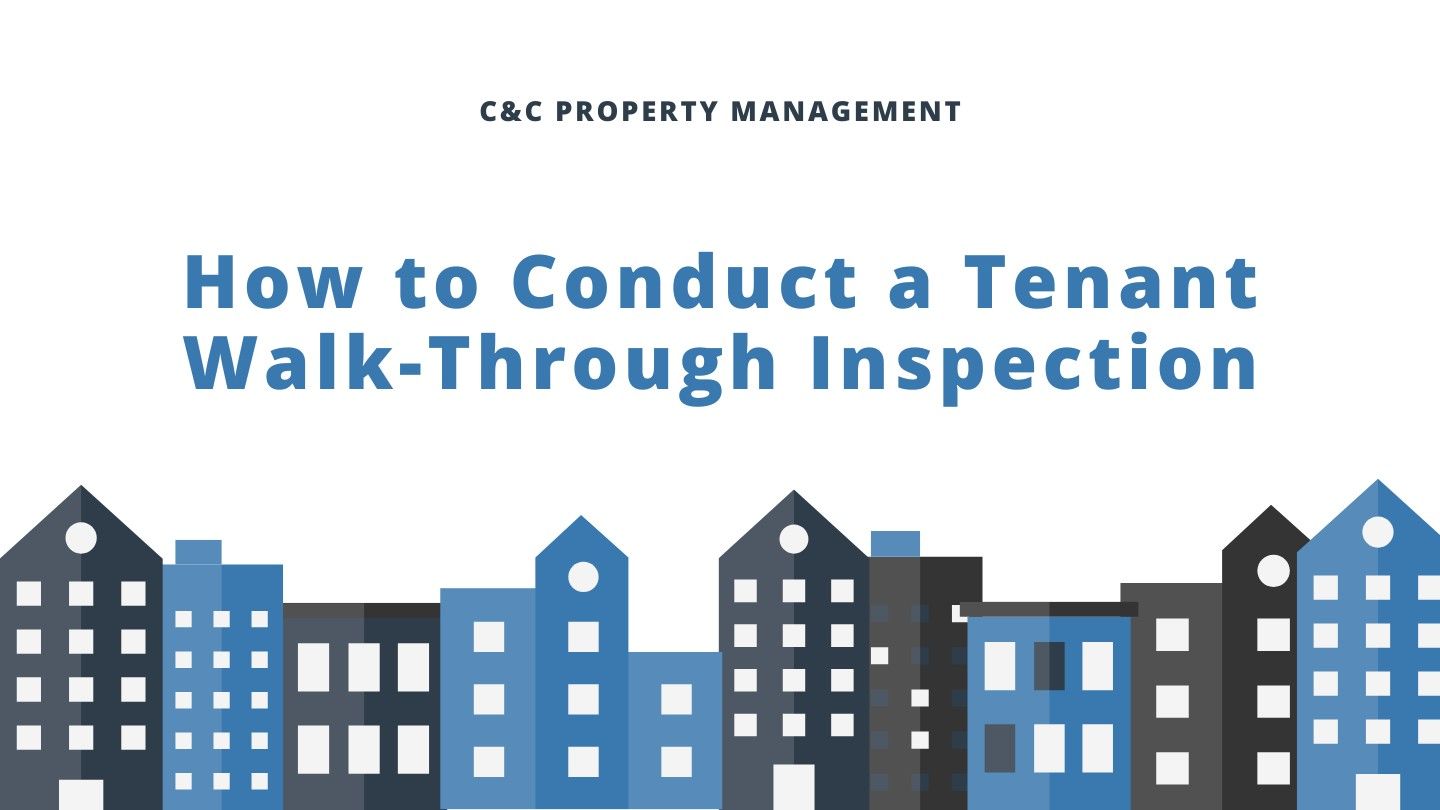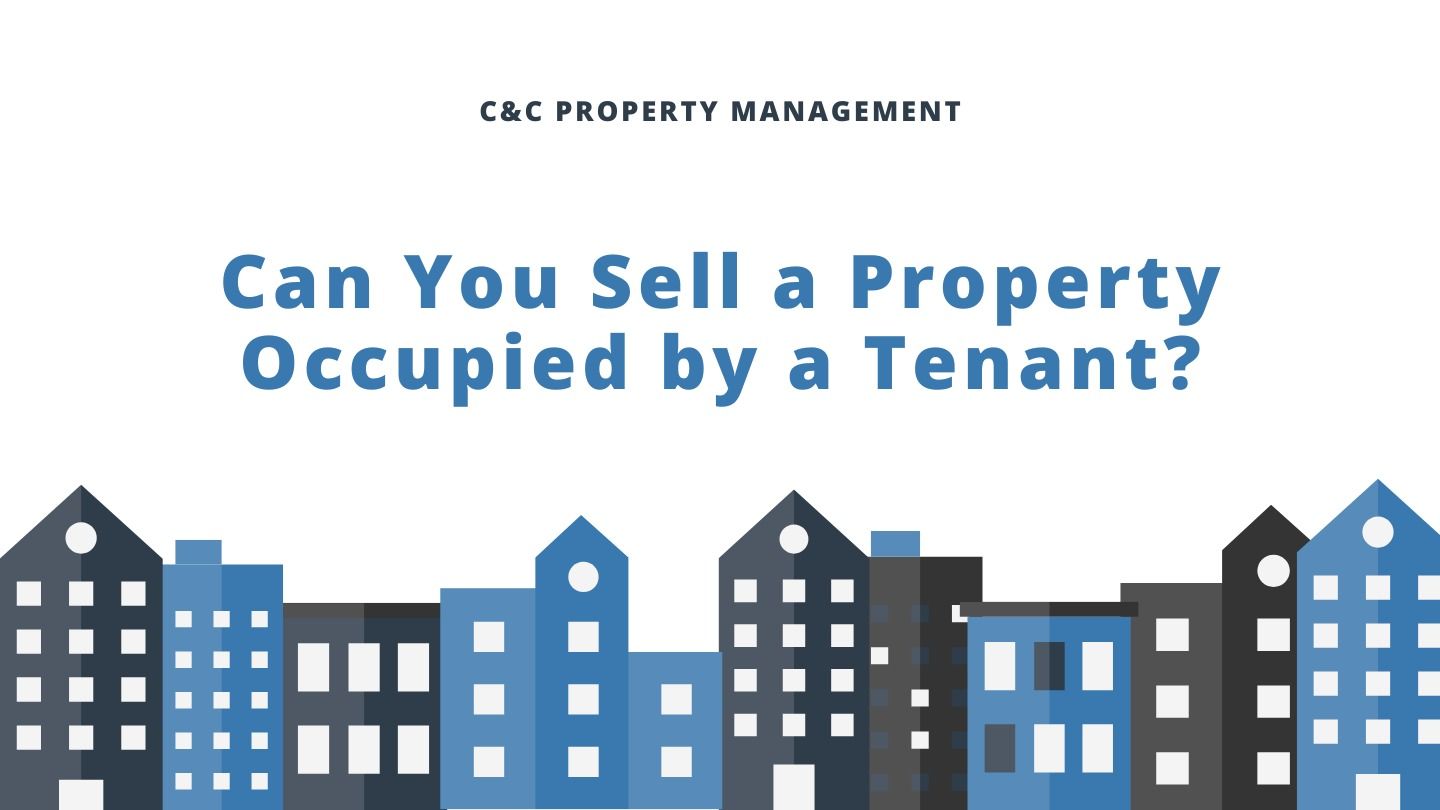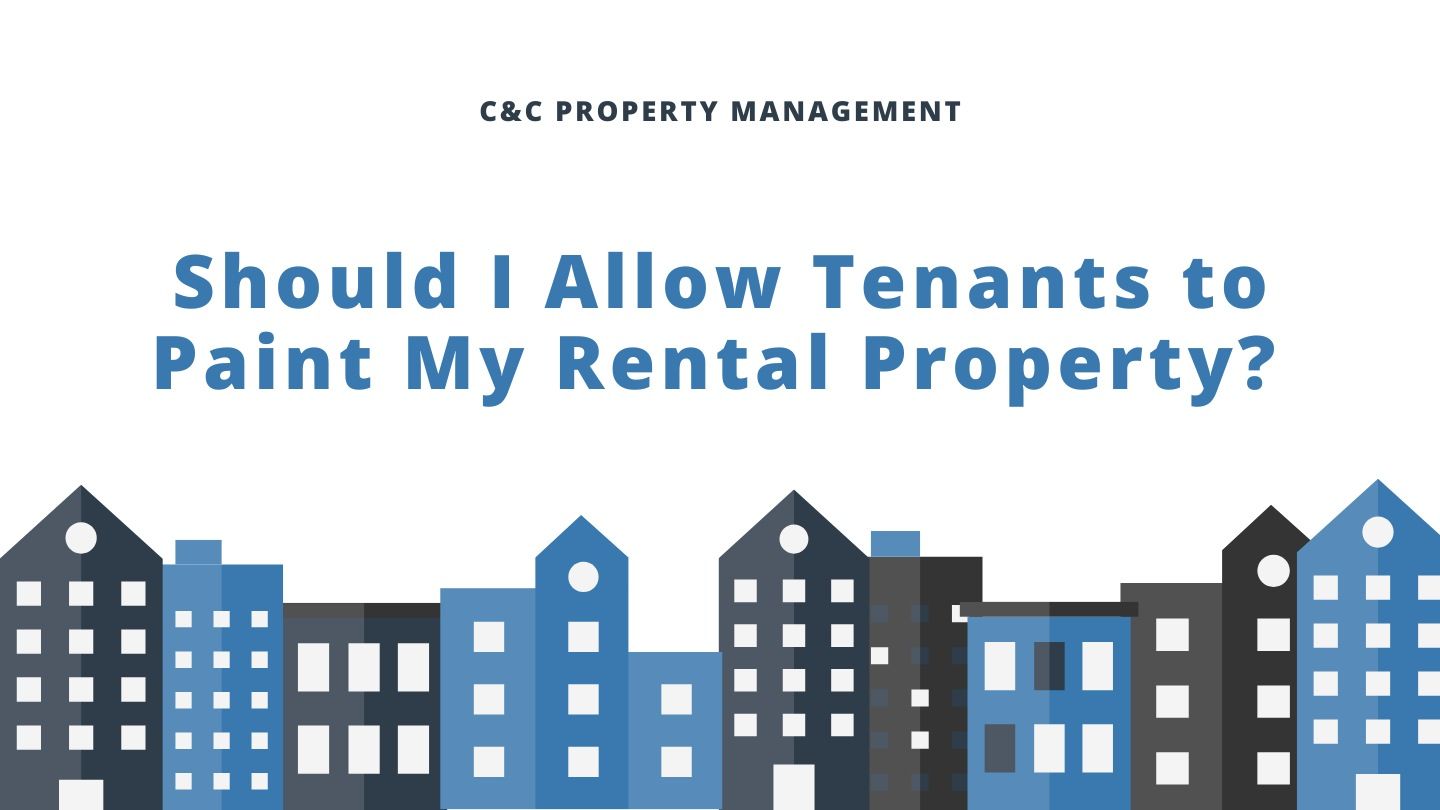The Accidental Landlord
What is an Accidental Landlord?
Great question!
In this article, we’re going to discuss what an accidental landlord is, why we think a shift is coming, and how we can help.
An accidental landlord is a homeowner that has intentions of selling their home but for whatever reason, is not able to. This is when my phone rings and I hear, “Soraya, I’ve been trying to sell my home and it’s not going well for me. I would rather sell but it’s just not happening. So, I’m thinking of renting it out and having your team manage for me.” We believe we’re going to start seeing a shift in accidental landlords for a few reasons. Let’s get to it!
The first reason is interest rates. As interest rates go up, home prices slow. We’ve been in 12 years of unprecedented housing price appreciation. However, as interest rates are increasing, we’re seeing demand slow down. So when it starts to slow down, what do you see after that? You start to see prices go down. Now, this does not mean the market is going to collapse. The world is not ending by any means.
The second reason is the talk of recession. A recession is a temporary economic decline where trade and industrial activities are reduced and identified by a fall in GDP in two successive quarters. This causes fear in everybody, right? Companies freeze hiring while inflation hits our pockets causing us to slow down.
Third, we are seeing housing prices go down. Now keep in mind that, it is not normal for housing prices to go up 20% each year. Last year, we saw the highest year-over-year appreciation for housing prices to go up about 21%. That is not sustainable. If housing prices took a slight dip of about 5% to 10%, what would this mean for homeowners? They paid a certain amount of money for the home and it has slightly increased in value. When they go to sell, they now have to factor in the sales commission. There is a money loss instead of gain which causes concern. Their next step in this situation is to rent their home where they can generate passive income.
This is where I come in. I love having one on ones with clients where I get to know them, their property, their goals, and their questions/concerns about property management. I’m here to empower my clients and to offer myself as a resource and advisor. I consider myself a guide along an owner’s management journey and to help reach their destination.
I will include my contact information in this blog. I’d love to connect with owners who are on the road to becoming accidental landlords and transition them into becoming a landlord with a plan. Seeing the transition from an apprehensive owner to an assertive landlord is the best part of my job.
What are your thoughts about the shift in accidental landlords? We’d love to hear from you!
Soraya Bloom
Email: soraya@ccrentalpro.com
Mobile: 831 595 8982








